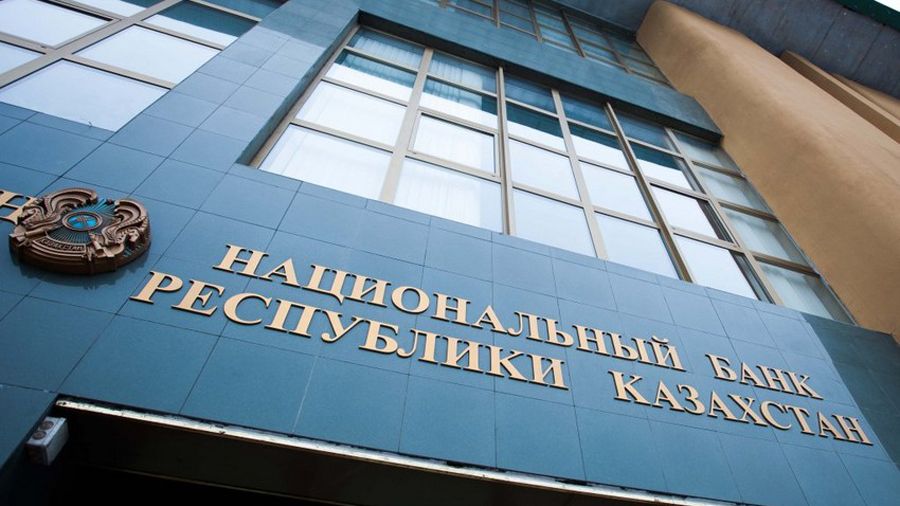The National Bank of the Republic of Kazakhstan began a public discussion of the benefits and possible risks of switching to the digital Kazakhstani tenge.
According to information from the Bank of Kazakhstan, digital tenge will be backed by the state currency in cash and non-cash form in a 1: 1 ratio. It will have a two-tier structure: financial institutions will be able to provide services to the population and businesses using this asset, and the central bank will provide the necessary infrastructure.
The Central Bank of Kazakhstan stressed that the purpose of the digital tenge is not to find a way to replace cash. On the contrary, this asset is being created to expand payment methods and will be used in parallel with existing payment solutions. This will increase the competitiveness of Kazakhstan in the global payments market, strengthen the country’s financial system and increase public confidence in the state currency.
In its report, the Bank of Kazakhstan indicated that digital tenge will make financial services available in all regions of the country and will contribute to the creation of innovative payment services. In addition, the state blockchain-based cryptocurrency will simplify and reduce the cost of making international payments. Citizens will be able to reserve a certain amount in digital tenge on their devices and will be able to pay with them without access to the Internet, by analogy with cash.
Particular attention will be paid to protecting users’ rights and their privacy. Therefore, before launching a pilot project, the central bank will conduct a comprehensive study of the benefits of the digital tenge, its operational risks, and also study its potential impact on the country’s monetary policy. By interacting with financial market participants and international partners, the Bank of Kazakhstan intends to determine methods for issuing its own digital currency, options for its use and distribution. Local authorities also believe that digital tenge can become an important tool in the fight against corruption in Kazakhstan.
Recently, many central banks have begun to explore the possibility of issuing their own digital currency. The former Soviet republics also do not stand aside. For example, today there was similar news about the beginning of the development of the digital currency of the Central Bank of Georgia.
Even the US Federal Reserve (FRS), which had not previously expressed interest in this topic and was not in a hurry with the launch of the digital dollar, decided to take action. The Fed will launch five pilot programs to test the digital dollar this year. On the other hand, the Governor of the South Korean Central Bank recently said that state-owned cryptocurrencies could significantly reduce the demand for Bitcoin and other cryptocurrencies.







